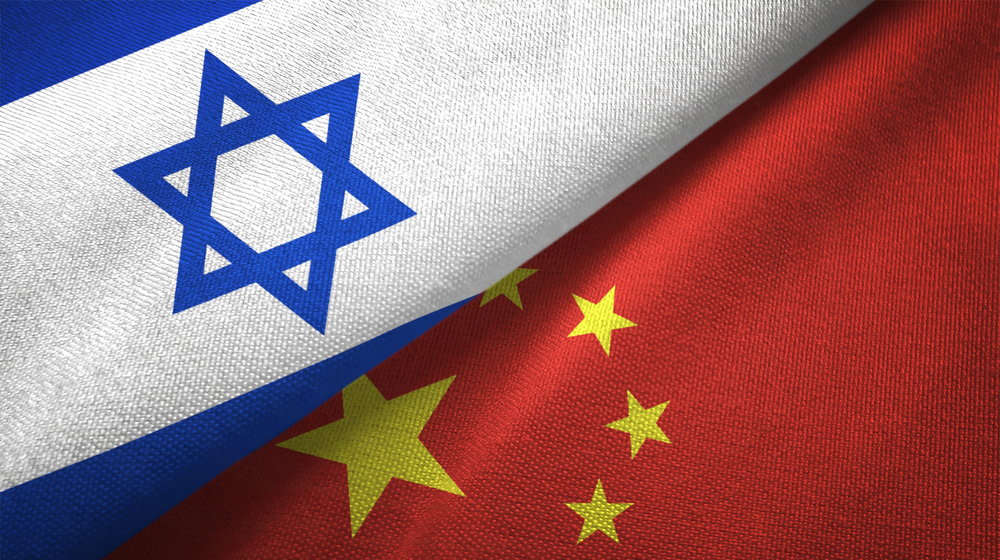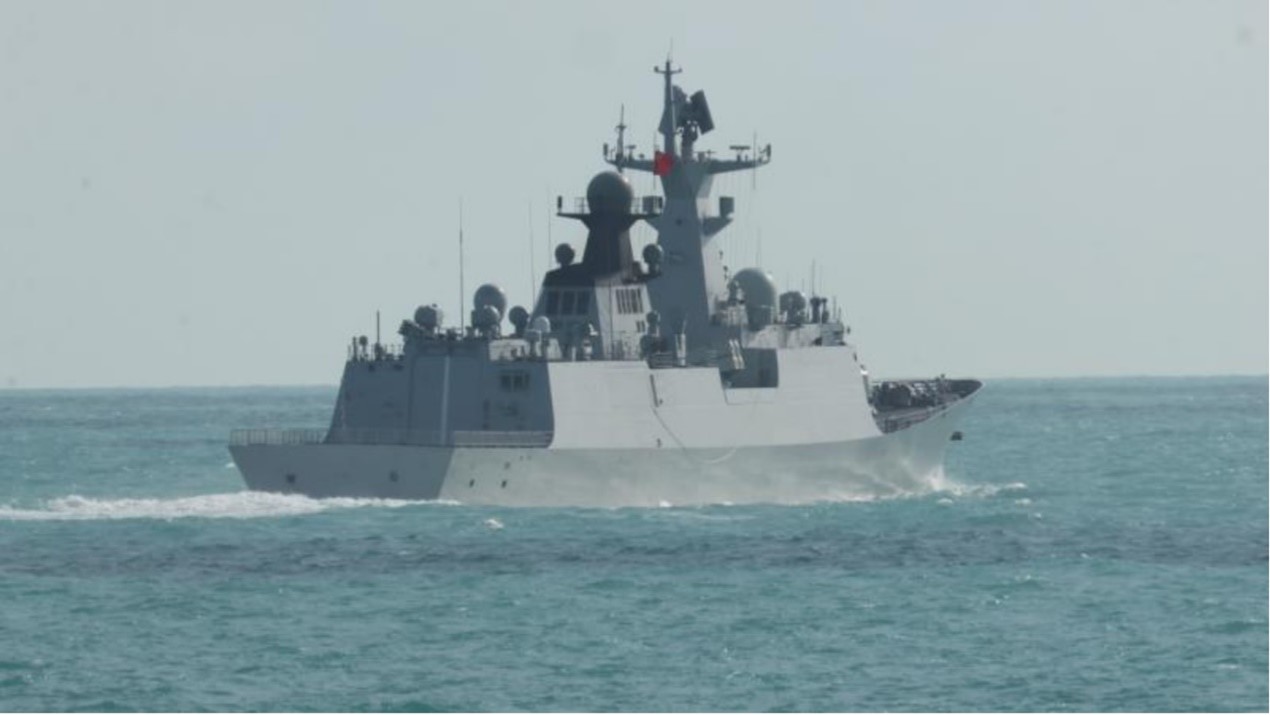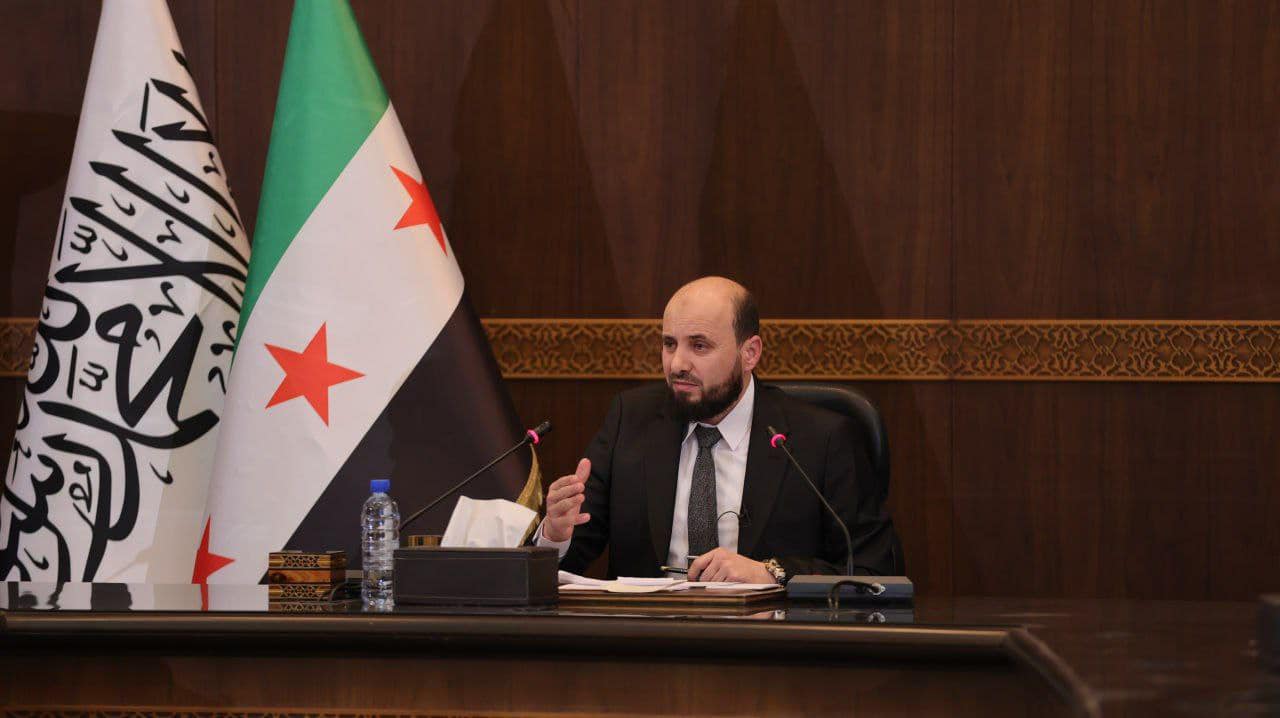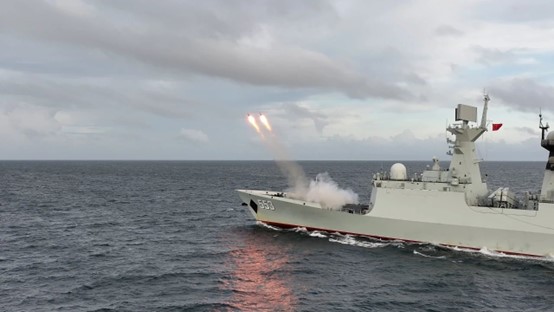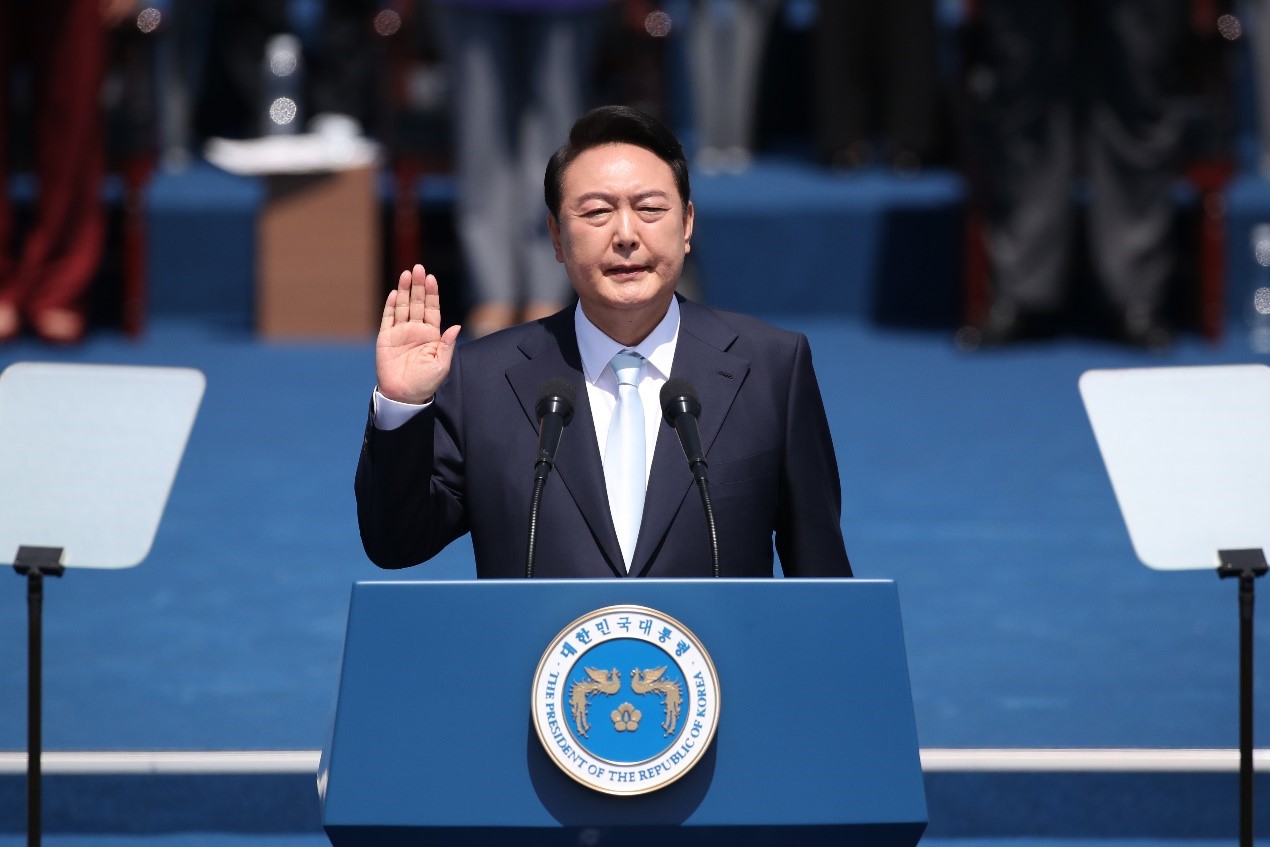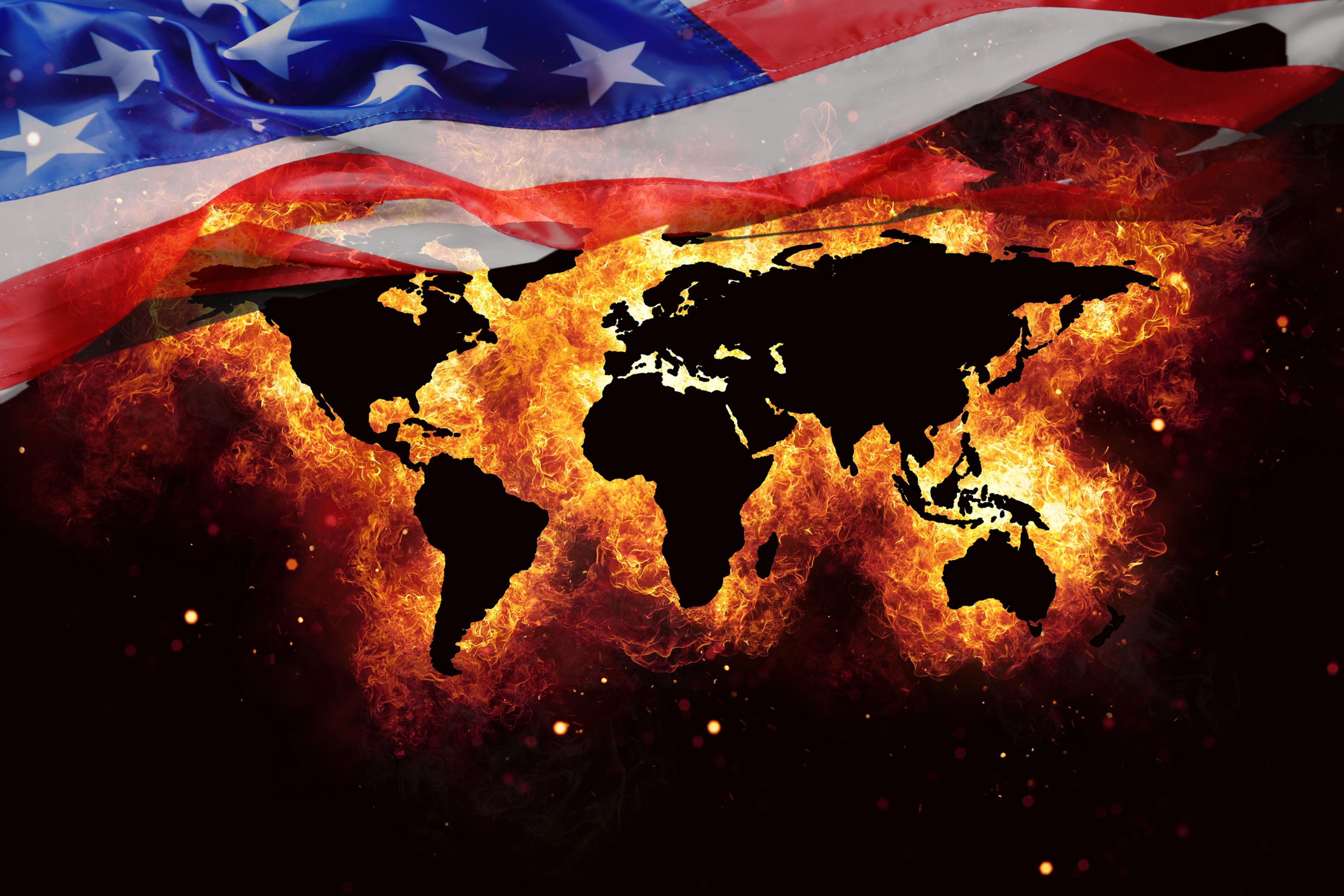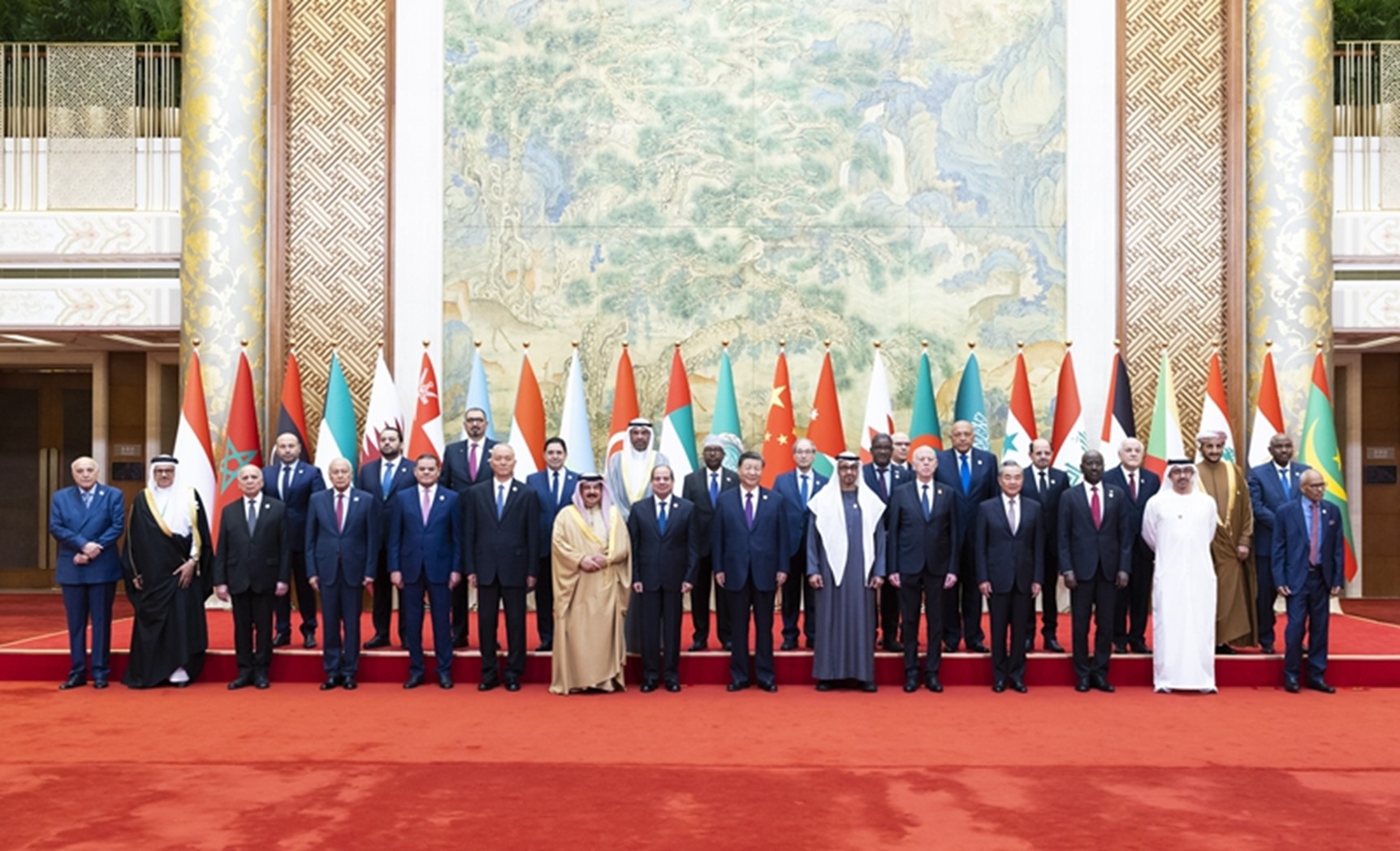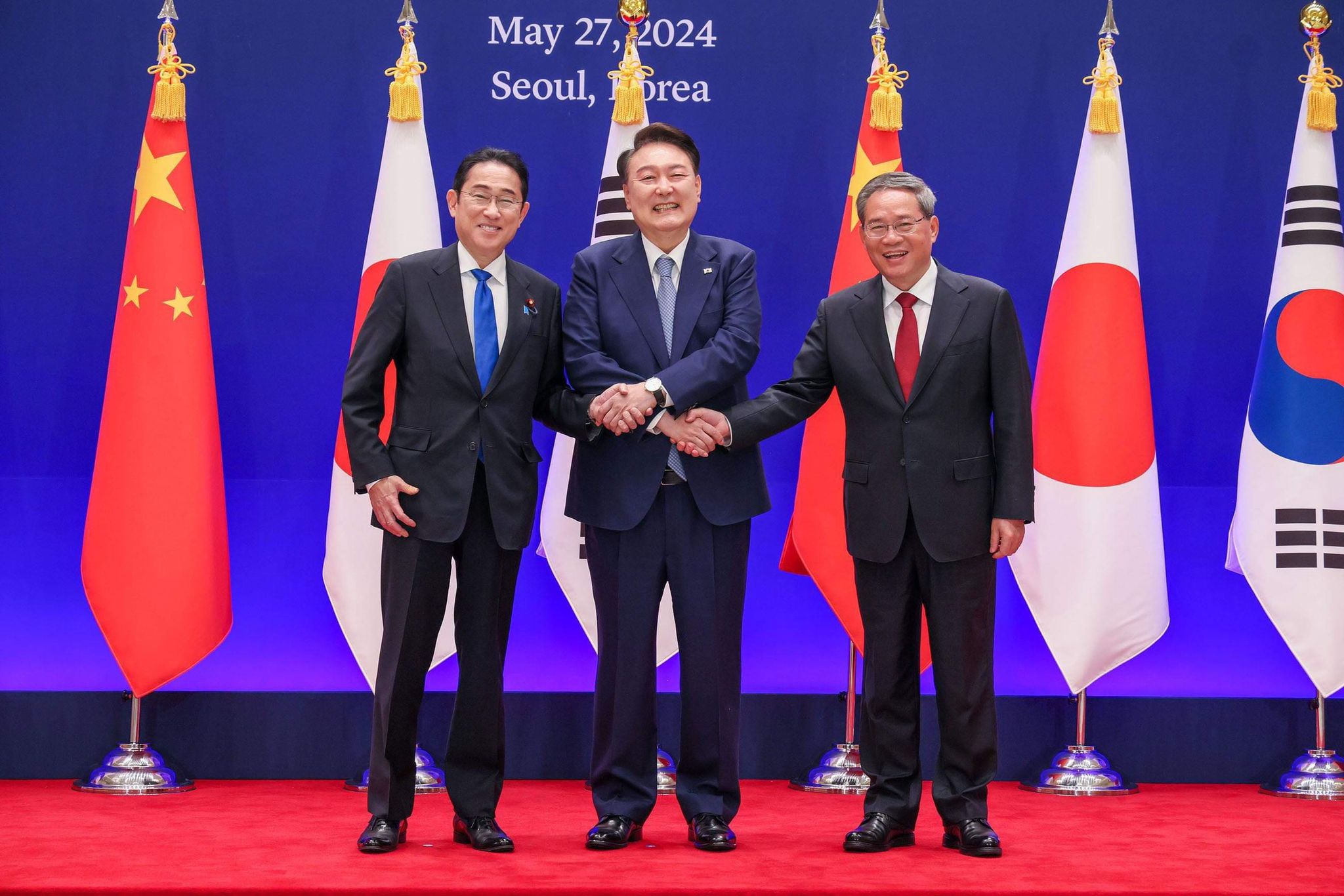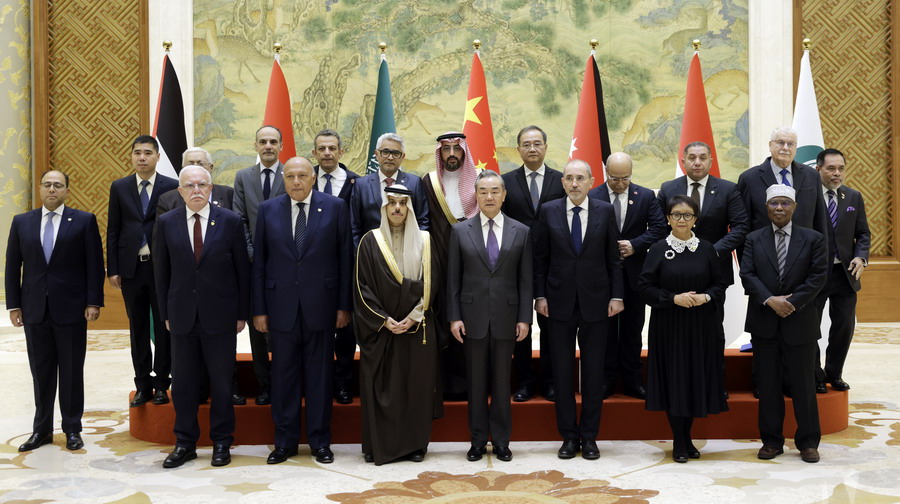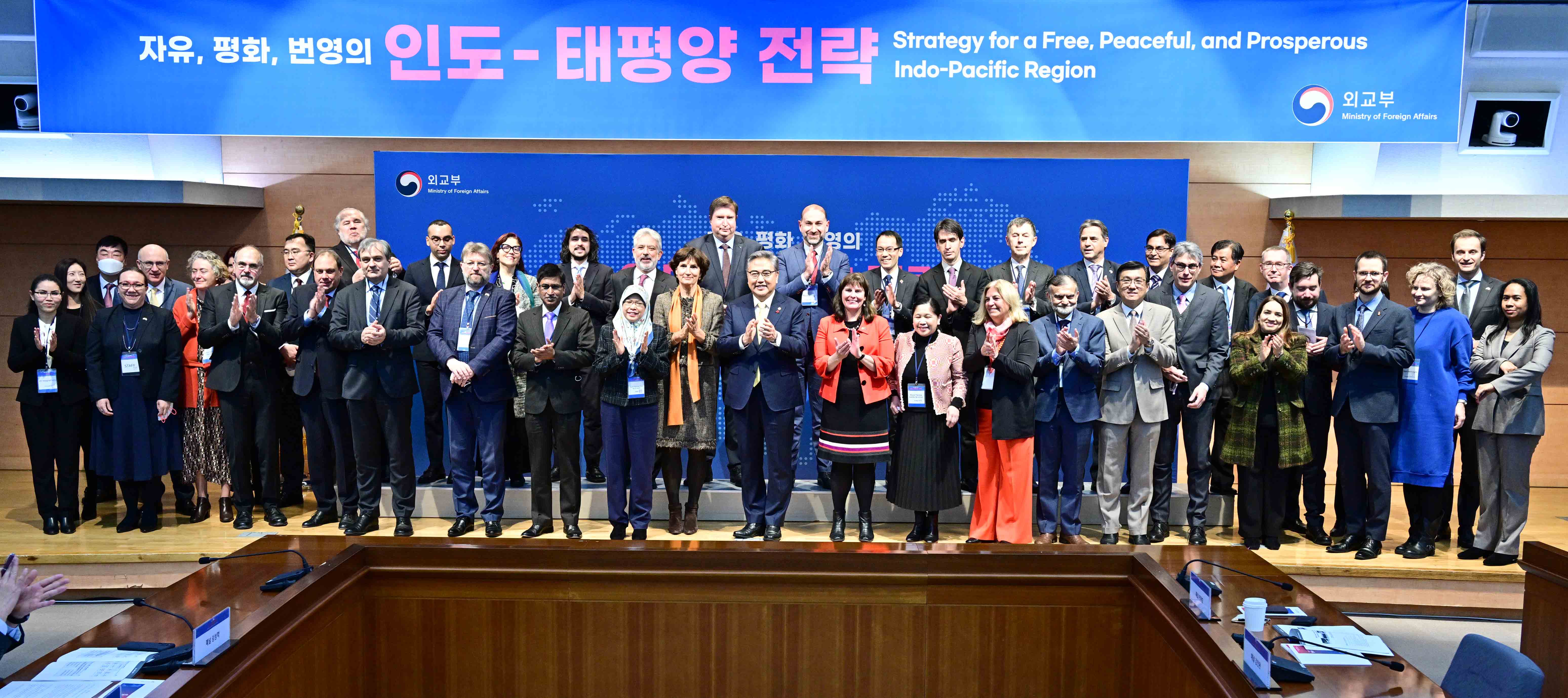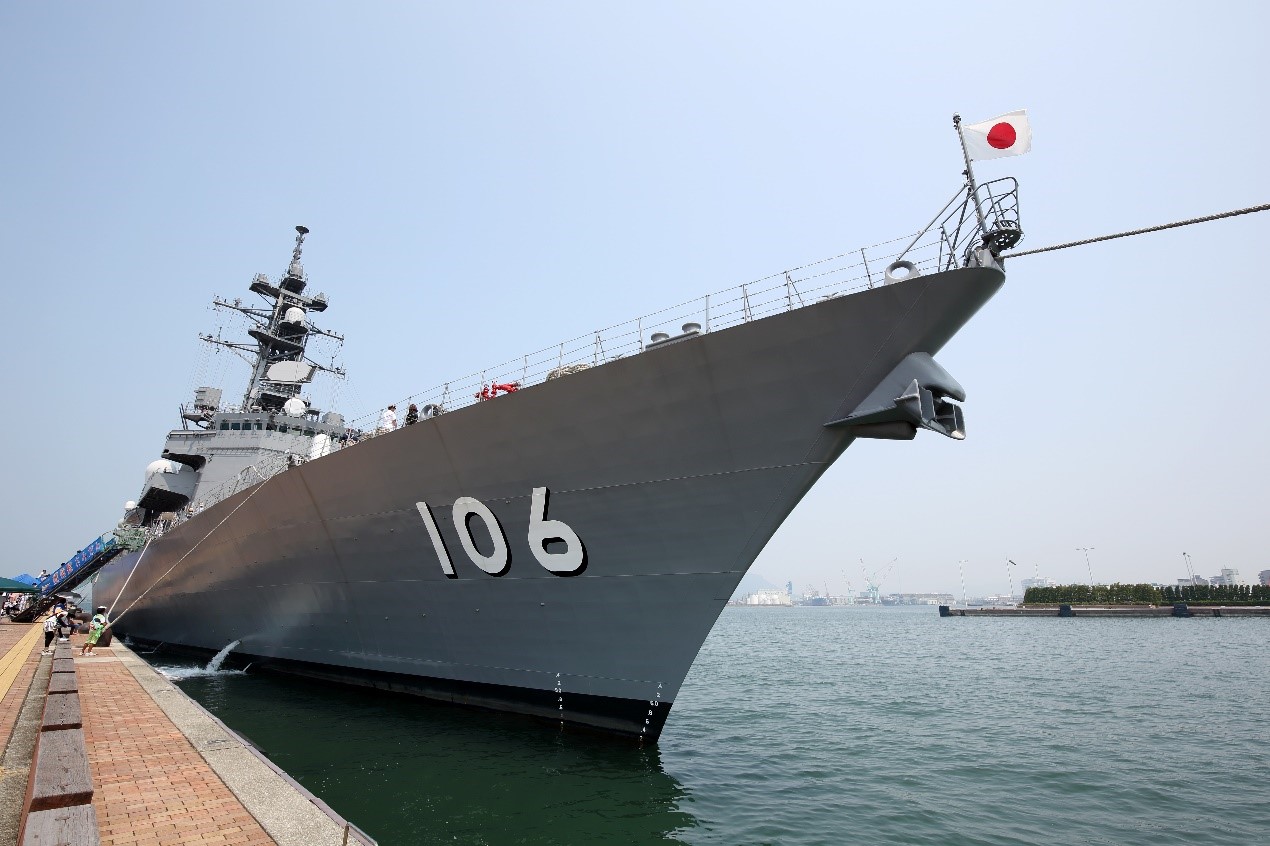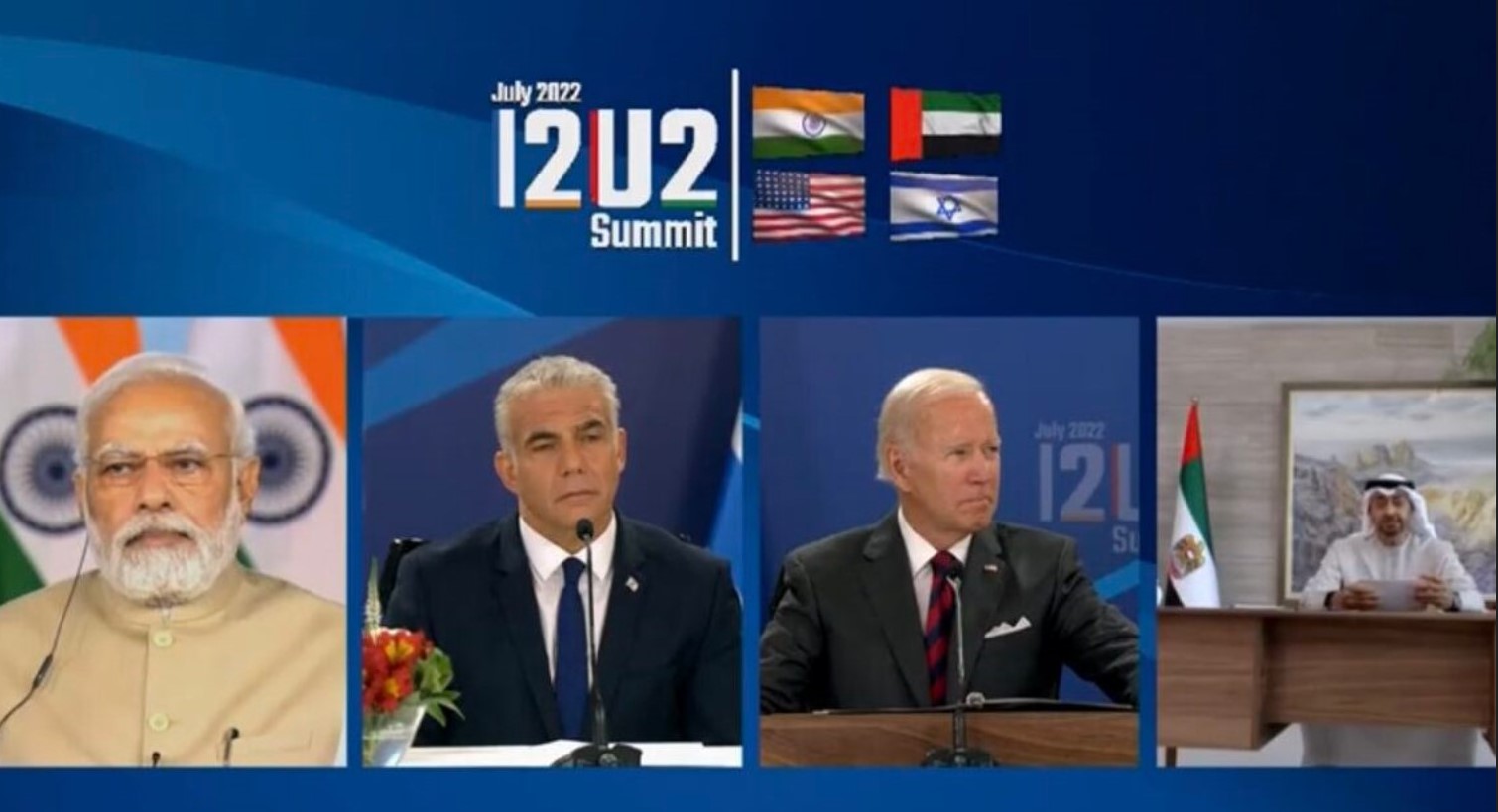The latest ceasefire between Israel and Hamas has had a significant impact on the Middle East. While large-scale hostilities have ceased, the region remains on a knife’s edge, with the ceasefire susceptible to collapse at any moment. Picture source: Government Press Office, October 13, 2025, Facebook, https://www.facebook.com/photo.php?fbid=1113596870939770&set=pb.100068684010263.-2207520000&type=3.
Prospects & Perspectives No. 61
The Impact of the Israel-Hamas Ceasefire on Taiwan
By Kuo-Cheng Chang
In October 2025, Israel and Hamas reached a temporary ceasefire agreement. U.S. President Donald Trump immediately claimed that the agreement was primarily the result of his administration’s diplomatic efforts. However, the extent of Washington’s actual influence during the negotiations remains a matter of debate among the international community and the media. While the United States was actively involved, some observers believe that the ceasefire was ultimately shaped by developments on the battlefield as well as the complex interplay and pressures from regional and international actors.
Despite the ceasefire, Hamas launched further attacks against Israeli forces, prompting Israel to accuse Hamas of violating the agreement. On October 28, Israel responded with heavy airstrikes on the Gaza Strip, resulting in at least 33 deaths. According to the Israeli government, the attack was triggered by Hamas’s return of hostages’ remains that did not match any names on the official list, as well as retaliation for Hamas’s alleged assault on Israeli troops in the Rafah area. Hamas denied these allegations and condemned the Israeli airstrikes, but nonetheless reiterated its commitment to upholding the ceasefire. As of early November 2025, the ceasefire remains in effect but the situation remains highly unstable.
Shifting dynamics
The latest ceasefire between the two belligerents has had a significant impact on the Middle East. While large-scale hostilities have ceased, the region remains on a knife’s edge, with the ceasefire susceptible to collapse at any moment. One of the main reasons is that the United States has not established itself as a robust third party guarantor of the agreement’s implementation. As a result, skepticism toward U.S.-brokered “peace” or “ceasefire” deals has grown among many observers. The United States did not take concrete steps to guarantee that both Hamas and Israel would fulfill their commitments under the agreement, a fact noted by the international community. Without more active guarantees, such as deploying peacekeeping forces, Washington’s influence and credibility in the region are likely to decline further if it seeks to intervene in future Middle East affairs.
Meanwhile, before and after the ceasefire, the Palestinian state secured recognition from a majority of United Nations member states. Some analysts see this diplomatic breakthrough as an indirect incentive for Hamas’s October 7, 2023, attack on Israel. In the future, Hamas could be regarded by segments of the Palestinian population as heroes of the national struggle, potentially increasing its political status and influence. However, this has also raised international concerns that the use of “terrorist” tactics may become legitimized — if such actions are retroactively given positive historical significance, similar means could be seen as options in the future. This issue reflects the complex relationship between the legitimacy of violence, national liberation movements, and international law, and poses a long-term challenge for regional peace and international order.
Impact on the Taiwan Strait
In 1982, the Reagan administration issued the “Six Assurances” to Taiwan, one of which stipulated that the United States would not act as a mediator between Taiwan and China. However, given President Trump’s emphasis on personal diplomatic achievements and peacemaking, whether the U.S. will attempt to mediate cross-Strait tensions in the future is an open question. Any such effort would be heavily dependent on Beijing’s attitude and willingness to engage. If the United States does take an active role in mediating between the two sides and pushes for a peace agreement, it would introduce significant new variables to the regional security landscape. Should Washington signal its intent to mediate and seek a bilateral agreement, Beijing may quickly escalate tensions to strengthen its position at the negotiating table. Within Taiwan, the main opposition party, the Kuomintang (KMT), has long prioritized peace with China in its political platform. Whether the KMT will respond positively to U.S. mediation efforts — and potentially leverage its legislative majority to promote such initiatives — bears close watching. Moreover, if the Israel-Hamas ceasefire holds, this could further bolster the Trump administration’s motivation and confidence to initiate cross-strait dialogue, influencing the strategic landscape of East Asia.
As previously mentioned, even after the ceasefire took effect between Israel and Hamas, there have been several violations by Hamas, highlighting its continued military and political reliance on Iran as a traditional ally and patron. As a Palestinian state gradually takes shape, Iran’s regional influence is growing markedly. Meanwhile, China has maintained long-standing friendly relations with Palestine and has consistently emphasized its support for Palestinian rights. Should the ceasefire endure, China is expected to play an increasingly important role in the reconstruction of Gaza and related humanitarian affairs, further expanding its diplomatic and economic influence in the Middle East.
Closer Israel-Taiwan ties
There have been recent signs of deepening cooperation between Israel and Taiwan. On July 23, Boaz Toporovsky, Chair of the Israel-Taiwan Parliamentary Friendship Group, issued a joint statement supporting Taiwan’s participation in international organizations. The statement was endorsed by 72 cross-party Knesset members — including several Deputy Speakers — representing a majority of Israel’s 120-seat parliament. Notably, MK Ohad Tal, representing the ruling coalition, was among the first to respond in support. The statement expressed concern over Taiwan’s systemic exclusion from international organizations, including the World Health Organization (WHO), the International Civil Aviation Organization (ICAO), and the United Nations Framework Convention on Climate Change (UNFCCC), describing such exclusion as unjustified and highly irresponsible. The statement highlighted Taiwan’s outstanding performance during the COVID-19 pandemic, noting its effective management and active assistance to other countries, which established Taiwan as a global leader in public health. The Israeli lawmakers called on the international community to ensure Taiwan’s meaningful participation in international organizations.
On the evening of October 27, Taiwanese President Lai Ching-te attended a dinner hosted by the American Israel Public Affairs Committee (AIPAC). In his remarks, Lai praised Israel’s determination and ability to defend its homeland as a model for Taiwan, stressing that Taiwan must embody the “David vs. Goliath” spirit to resist authoritarian coercion. Delivering his speech in English, Lai also expressed relief and solidarity regarding the release of Israeli hostages. He recalled that Taiwan promptly condemned the violent Hamas attacks of October 7, 2023, and subsequently provided Israel with humanitarian aid and medical supplies. Lai noted that the recent ceasefire and the release of hostages represented the most significant progress in more than two years.
Lai also announced plans to model Taiwan’s “T-Dome” air defense system after Israel and America’s “Iron Dome” and “David’s Sling,” aiming to construct a comprehensive national air defense network.
Clearly, Taiwan has observed that the recent Israel-Hamas ceasefire marks a new phase in the Middle East and intends to leverage its technological strengths to help Israel maintain its competitive edge. In addition, Taiwan plans to learn from Israel’s experience in fostering social resilience and will further expand military technology cooperation between the two countries.
(Dr. Chang is Professor, Center for General Education, Taipei Medical University.)



